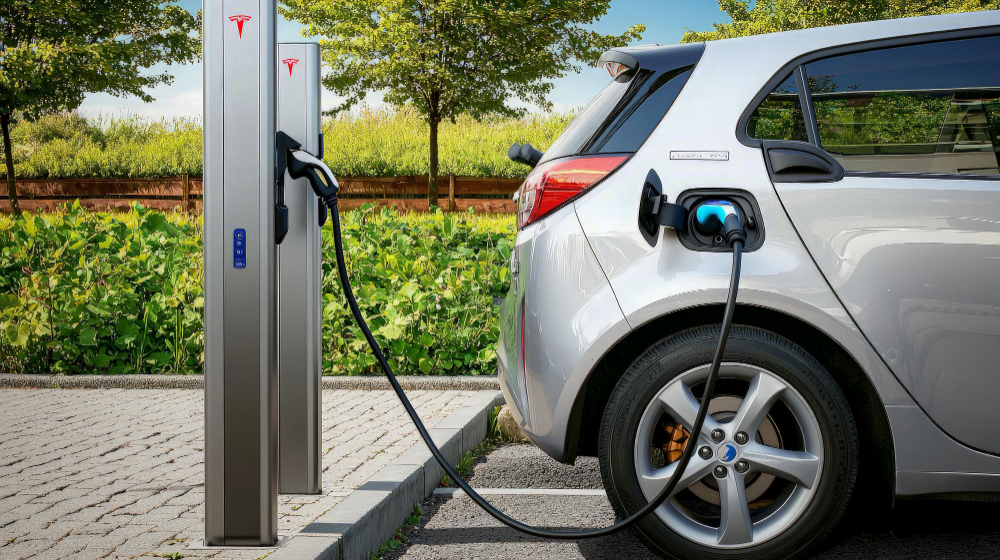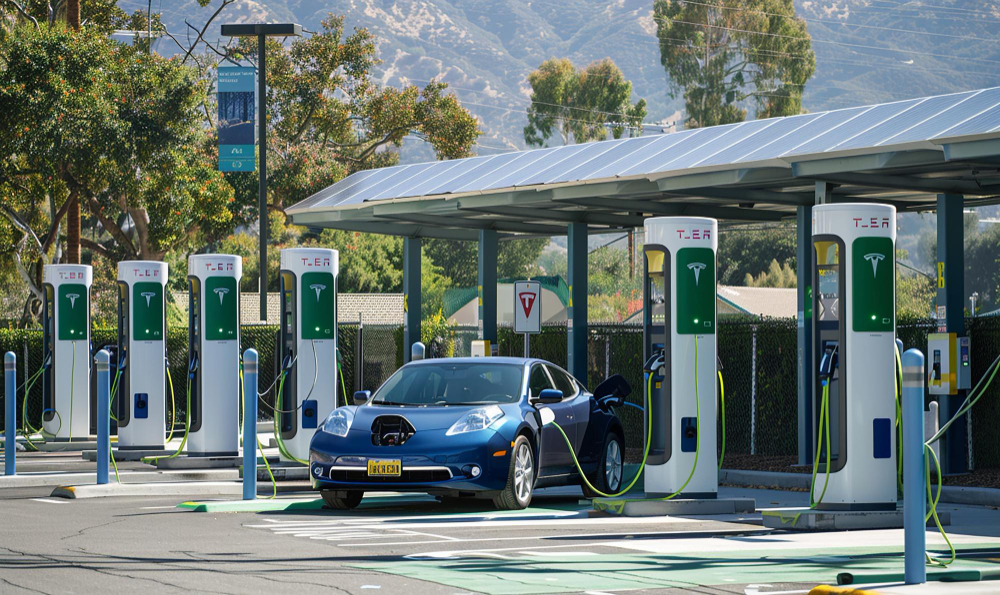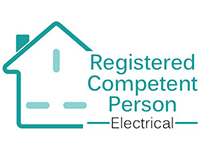Electric vehicles (EVs) are leading the race in the automotive industry. They not only provide convenient transportation solutions but also hold eco-friendly alternatives. This increasing demand has interested enterprises in appropriate and dependable EV charging solutions for households, businesses, and public spaces. In the 2020s, many companies, including Ohmatic Electrical, proactively installed EV chargers to engage employees and improve their environmentally friendly brand reputations.
Once the installation is done, firms should upkeep and modify the chargers, which involves an EV charging policy. Yet, many companies turn a blind eye to charging policies or the fact they require one. The pros have done the hard work and curated a guide to help you establish EV charging policies for your space in a matter of time.
Pros of Electric Vehicle (EV) Charging Points
Home EV Charging Point
Charging an electric vehicle (EV) is not easy and accessible. Most EV owners depend on residential charging points to charge their e-vehicles. These chargers can be installed at any corner of your space or the garage connected to the electricity supply. There are enormous benefits to having an electric vehicle (EV) charger at home.
- Cost-Effective
- Faster Charging
- Convenient
- Assured Quality
Workplace EV Charging Point
As interest in EVs grows, major infrastructure changes have occurred, including retailers adding EV charging stations in customer parking areas and businesses installing electric car charging points. There are multiple benefits of having an EV charging point at your office location, such as:
- Clients stay for longer
- Keep workers happy
- Validate environmental commitment
- Support brand values
- Boost efficiency
- Provide accessibility for customers

Diverse Features for Your EV Charging Solutions
Integrating key features to achieve smart charging abilities with electric vehicle (EV) charging solutions is essential.
- Wi-Fi Connectivity
- App Control
- Scheduling Abilities
- Real-Time Data Tracking
- Load Balancing
- Energy Management Integration
- Over-the-Air Updates
- Voice Control
- User Profiles
- Usage Reports
These features make a smart EV charger a convincing option for individuals who want to improve their EV charging experience with state-of-the-art technology.
Essential Elements of the E-Vehicle Charging Policy
Multiple companies’ EV charging policies contain several components to ensure reasonable and resourceful use of resources. The policy summarises the strategies and processes for workforces using Workplace EV Charging stations.
Charging Fees
Your company can provide you with EV charging for free or charge some money. In any case, they cost you money; the policy will include a detailed price structure. This depends on electricity usage or a fixed price for one session, and it is important to recover the cost with a fair price.
Eligibility & Access
The policy states which person is eligible to utilise the charging points. Usually, this includes permanent and part-time staff and services or companies. Accessibility to EV charging points may need registration or an access card.
Usage Strategies
The policy concludes on how much an employee can use the charging, ensuring the availability for the entire workforce. It includes everything, such as appropriate parking protocol, maximum charging periods, and limitations on how many times a person can use the charging point.
Booking System
To elude mobbing, a few firms have devised a booking system that helps every employee to reserve charging slots. Incorporating this system will help to organise usage and avoid battles.
Maintenance & Support
The policy helps to upkeep the electric vehicle charging point infrastructure at your workstation. This includes the regular inspection of checks, appropriate repairs, and offering support for any problems employees can face. A meticulous contact point is utilised for charging point issues.
Compliance with Regulations
The charging point incorporated into your space has a policy, making sure that it includes protocols and morals. This encompasses everything, including security practises installation standards and aligns with government inducements or refunds for installing charging infrastructure.

Ensuring a Smooth Experience for All Users
The UK is known for implementing an all-inclusive framework for electric vehicle policies to ensure a smooth user experience.
Workplace Charging Scheme (WCS): The government encourages the incorporation of EV charging points in workplaces. This provides financial support, which enables them to include e-charging stations in their spaces and encourages workers to contribute to the growth of the setup.
On-Street Residential Chargepoint Scheme (ORCS): ORCS provides funds to locals to help improve the public charging setup. Not only does this help to encourage the installation of charging stations in residential areas, but it also gives access to ensure reliability and convenience for the residents.
Electric Vehicle Homecharge Scheme (EVHS): This scheme is mainly designed to help people install home charging points. Under the scheme, proprietors can profit from financial aid, setting up local solutions more cheaply. This strives to boost the convenience of private alternatives for EV owners.
EV Infrastructure Financing: To streamline the development of public EV charging points, the government is awarding financial inducements and funds through multiple schemes. Through these schemes, you can get allowances, low-interest loans, etc. This provides a wider and more reliable infrastructure nationwide.
Additional Policies: Multiple other policies can provide more accessibility to charging points, such as:
- Regulations On Technical Specifications
- Renewable Energy Integration
- Smart Charging
- Accessibility & Inclusivity Policies





